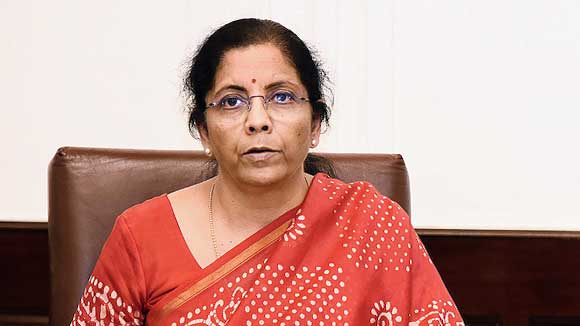A member of Reserve Bank of India's board has joined the list of those who are of the view that the Rs 20 lakh crore economic stimulus package announced by the government was not up to the mark.
Satish Marathe, the member of RBI's central board, tweeted on Wednesday that the package 'fails to involve' banks in the economic revival process. Pointing out that the stimulus package is 'imaginative and forward looking', Marathe added that yet it 'fails to involve banks as frontline warriors in revival of economy''.
Marathe shared the views from analysts at rating agency Crisil's research wing, which was sceptical about the nearterm benefits of the package.
He added that the three-month moratorium for loan repayments announced by the RBI is 'not enough' and sought more relaxations for the banking sector. These include easing rules with regard to the recognition of non-performing assets and provisioning.
Marathe, who has been associated with the co-operative banking sector, said all these 'norms need to be part of the stimulus for putting India once again on the growth trajectory'.
Industry bodies have also been pitching to the central bank for relaxations on aspects such as moratorium, NPA recognition and provisioning. While the three-month moratorium on loan repayments is scheduled to end on May 31, there are expectations that the RBI will extend it by another three months.
While investors have already given their thumbsdown to the relief package as it did not address the crucial issue of kick-starting demand, economists have pointed out that the impact on the fiscal deficit will not be significant.
Given the lacklustre short term measures, concerns have re-emerged on the state of the economy and the adverse impact that it would have on asset quality of banks among others.
According to a note from the economic research wing of the SBI, the cumulative actual fiscal impact is only around Rs 1.14 lakh crore, or 0.6 per cent of GDP. The report added that the cumulative relief provided by India through monetary and fiscal measures is now comparable with other countries of same rating and/or per capita income..










